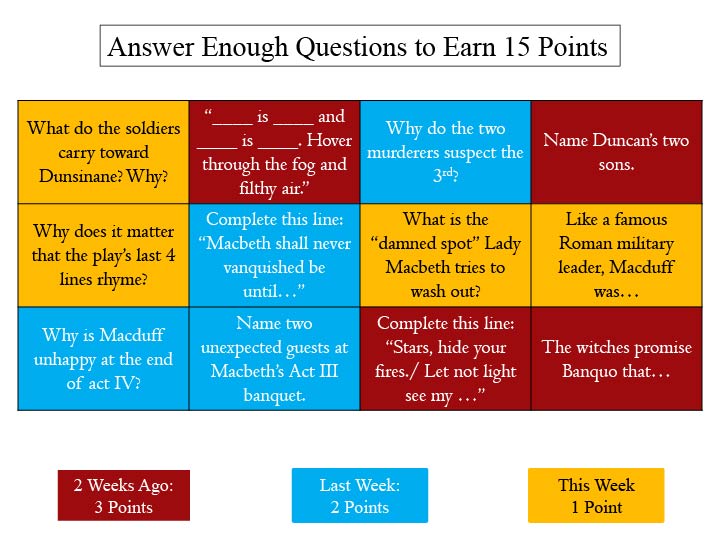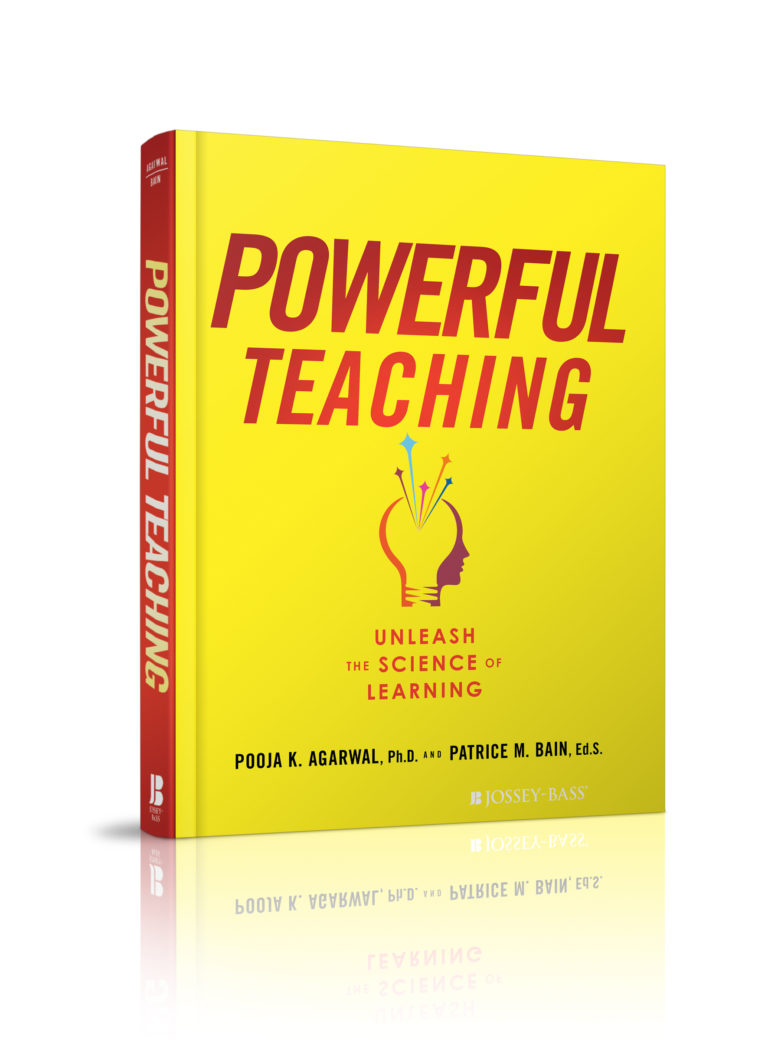Tags
ADHD adolescence attention autism book review boundary conditions classroom advice conference speakers constructivism/direct instruction creativity desirable difficulty development dual coding elementary school embodied cognition emotion evolution exercise experts and novices gender high school homework intelligence long-term memory math methodology middle school mind-wandering mindfulness Mindset motivation neuromyths neuroscience online learning parents psychology reading retrieval practice self-control skepticism sleep STEM stress technology working memoryRecent Comments
- Revisiting the "Handwriting vs. Laptops" Debate: More Moving Goalposts |Education & Teacher Conferences on Handwritten Notes or Laptop Notes: A Skeptic Converted?
- The Power Of A Growth Mindset: How Students Can Overcome Challenges - Sunshine Blessings on The Rise and Fall and Rise of Growth Mindset
- Goals, Failure, and Emotions: a Conceptual Framework |Education & Teacher Conferences on “Learning from Mistakes” vs. “Learning from Explanations”
- From Destruction to Rebuilding: Hope in Science’s Down Cycle on When Analogies Go Wrong: The Benefits of Stress?
- Dual Coding: Boosting Learning Through Words and Images – White Dragon of East County on Visual & Verbal: Welcome to “Dual Coding”
ABOUT THE BLOG
Tag Archives: retrieval practice

Retrieval Grids: The Good, the Bad, and the Potential Solutions
“Retrieval grids” promote retrieval practice — that’s good! But they might lead to working-memory overload — that’s really bad. Happily, we might be able to solve this problem… Continue reading

Can Multiple-Choice Tests Really Help Students?
Surprise: a well-designed multiple choice question might in fact help students. Why? Because it requires extra retrieval practice to sort out all the answers. Continue reading

Study Advice for Students: Getting the Specifics Just Right
To get the best benefits from “retrieval practice,” teachers can try this strategy to reassure and motivate nervous students. Continue reading

The Best Teaching Book to Read This Summer: Powerful Teaching
Powerful Teaching, by Agarwal and Bain, combines research and practical classroom strategies. The result: an ideal book for teachers who want to improve our practice. Continue reading
Posted in Book Reviews, L&B Blog
Tagged classroom advice, long-term memory, retrieval practice
Leave a comment

A Rose by Any Other Name Would Smell as Confusing
All too often, psychology discussions use confusing — or worse, deliberately cheerful — terminology. Teachers should seek out direct and neutral terms to simplify and clarify our discussions. Continue reading

Meet Blake Harvard, “Effortful Educator”
An interview with Blake Harvard: high-school psychology teacher, and Effortful Educator. Continue reading
Posted in L&B Blog
Tagged boundary conditions, classroom advice, coaching, retrieval practice
Leave a comment

The Better Choice: Open- or Closed-Book Quizzes
As predicted by research into “retrieval practice,” closed-book quizzes do in fact help students learn better than open-book quizzes do. Once again, the right kind of difficulties can be desirable in school. Continue reading
Can Teachers Be Trusted to Evaluate Research?
Too often, teachers hear that our judgment about classroom applications of scientific research isn’t to be trusted. And yet, teacher judgment is essential when applying research in the classroom. Given that psychology research affects classroom practice only when teachers use it, why put down the teachers who are essential partners in this process? Our field should focus not on competition, but on respectful collaboration. Continue reading
Posted in L&B Blog
Tagged boundary conditions, methodology, retrieval practice, working memory
Leave a comment

Good News! Contradictory Research on Desirable Difficulties…
As we regularly emphasize here on the blog, attempts to recall information benefit learning. That…

The Limits of Retrieval Practice, Take II…
Just two weeks ago, I posted about a study showing potential boundary conditions for retrieval practice:…
